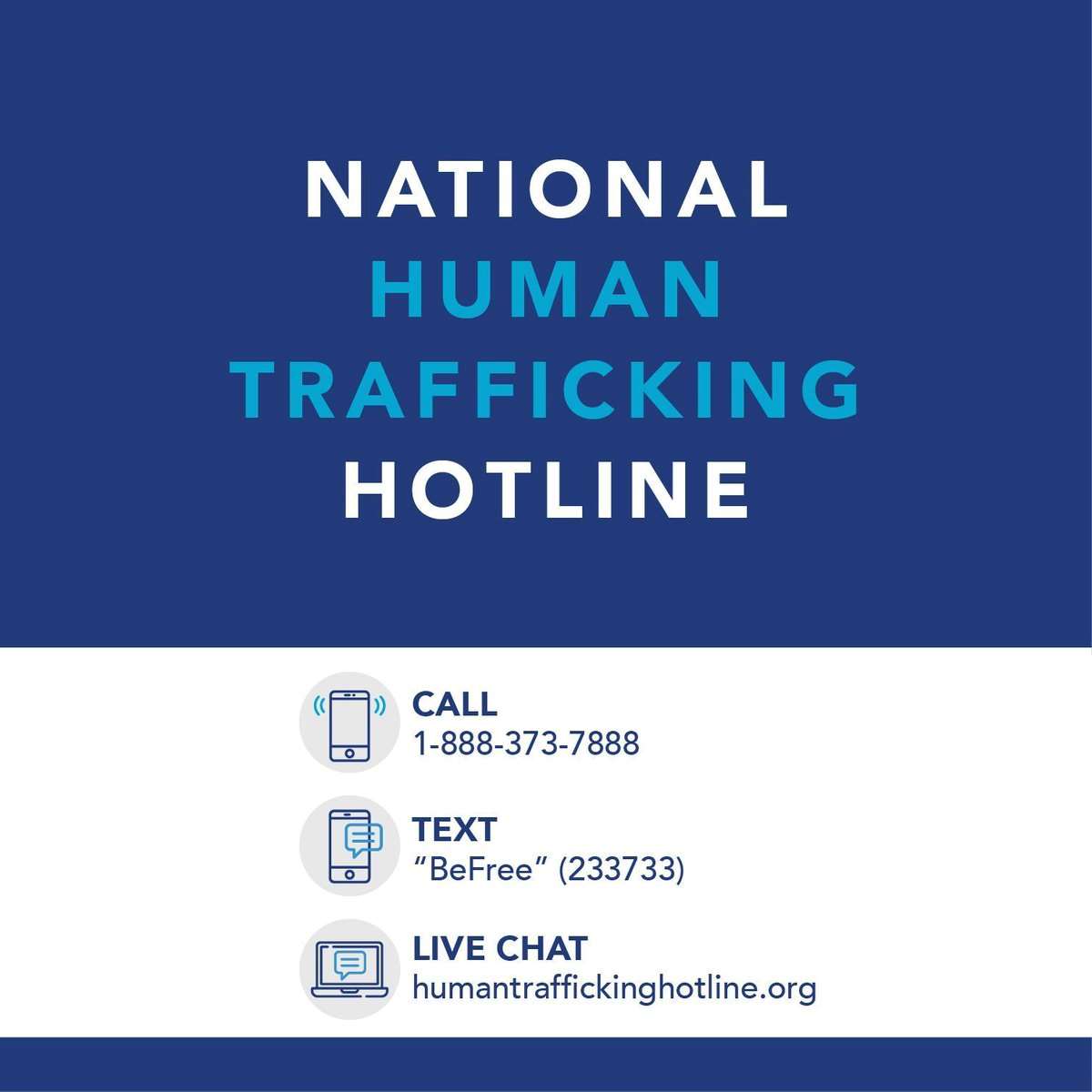Sex Trafficking Resources for Healthcare and Social Service Providers

In Wisconsin
Sex trafficking of a minor is when anything of value is given to, promised or received by any person in exchange for a sexual act or performance by a child less than 18 year of age. This includes:
- A pimp (trafficker) selling a youth for sexual acts in exchange for money, drugs, food, or anything of value
- Someone exchanging anything of value for a sexual act and the youth receives the payment or item of value (in that case the one who receives the sexual act is the trafficker)
- When the sexual act involves pornography, dancing or stripping, even if there is no sexual contact
- When anyone attempts to engage, transport or recruit a youth for sexual act in exchange for something of value, even if the sexual act didn’t ultimately occur
When the youth is less than 18 years of age, proof of force, fraud or coercion of the youth are not required to consider a situation sex trafficking.
Trainings, protocols and tools to educate healthcare and social service providers on the medical needs of sexually exploited youth can be found on this website*, including:
- A case-based, interactive online module that provides basic knowledge regarding the definition and medical response to youth at risk for sex trafficking.
- Links to online training from the National Human Trafficking Hotline and the U.S. Department of Health and Human Services.
- Helpful websites and Wisconsin-based resources and guides for working with youth: Wisconsin Department of Children and Families
- Research and reports on improving healthcare and social service providers’ response to sex trafficking.
- Milwaukee resource cards to hand out to at-risk youth. Please contact Rebekah Dettmann, Anti-Human Trafficking Coordinator, at (414) 277-8980 or rdettmann@childrenswi.org for more information.
- A form to request a training or presentation.
* Many of these resources were created by Dr. Angela Rabbitt, Child Abuse Pediatrician with MCW Child Advocacy and Protection; Dr. Wendi Ehrman, Adolescent Medicine Specialist with MCW; Stephen Gilbertson, a Psychologist and Clinical Director of Wraparound Milwaukee; and Claudine O’Leary, a Youth Advocate with Rethink Resources, as part of the POHSEY Project (Proactive Outreach for the Health of Sexually Exploited Youth), funded by the Healthier Wisconsin Partnership Program.

